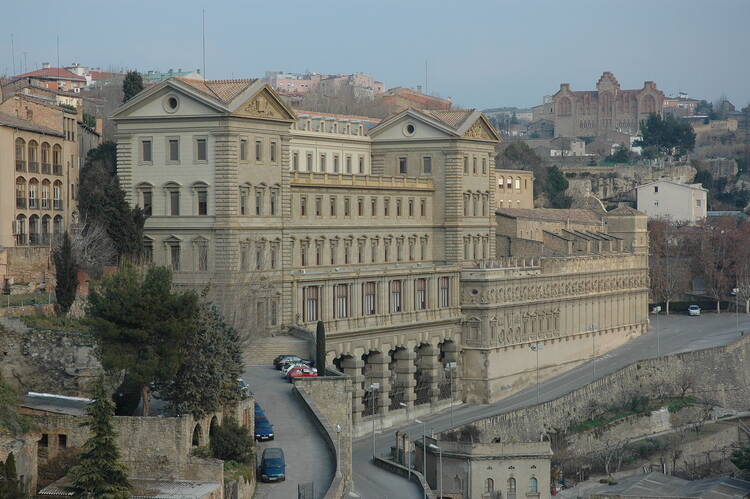Many people know Manresa, Spain as the place where Ignatius spent about a year in solitude and in prayer. It was a time, post-conversion, of coming to terms with his conscience and gaining his spiritual bearings. It was at Manresa where Ignatius put together the early notes for the Spiritual Exercises.
Howard Gray, S.J., sees Ignatius's time at Manresa as also a foundation of Ignatian education. In an essay compiled in the Jesuit Education Reader (a great resource for those in Ignatian ministries), Gray notes:
The Manresa experience did not exhaust Ignatius's education in divine wisdom. His subsequent years of study and then his governance over the young Society of Jesus contributed their own enrichments. But Manresa symbolizes the foundation of Ignatian education. It was an event that was experiential; it was based on trust; and it invited a discovery of God in a variety of created realities. Consequently, when we emphasize, as we should, the importance of adaptation in the Spiritual Exercises, we are reflecting what Ignatius discovered at Manresa about God. God adapts to the human to teach truth, to encourage our trust in our experiences, and to enrich the ways in which all creation can become a revelation about God's presence and action. Manresa was an event in divine tutelage for Ignatius, revealing how he was to help others to respond to that tutelage in their lives.
This passage leaves me with many thoughts. How can we reproduce in our schools something like Ignatius's experience at Manresa? What would it mean to educate for trust? What would happen if the messaging and marketing of Ignatian schools reflected the emphases of the Manresa experience?








